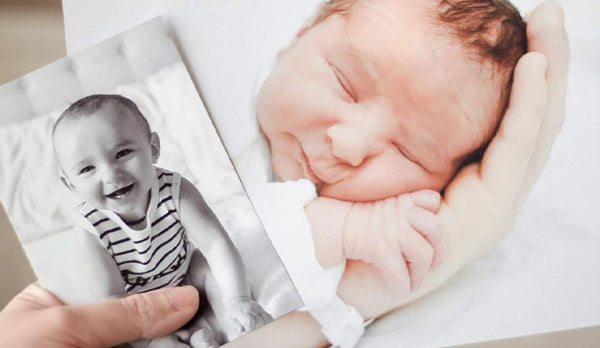
Each year, there are about 3,500 sudden unexpected infant deaths (SUID) in the United States. These deaths occur among infants less than 1 year old and have no known cause after a thorough investigation is conducted, including a complete autopsy, examination of the death scene and review of the clinical history.
When you first lose your child, everyone is profoundly impacted by your tragedy. Everyone mourns your loss with you, everyone pauses, if even brief, to feel the weight of your pain. That support and understanding may diminish with time. Others may move on, and it can be painful for you as you notice it.
If you have other children, how and when you explain the death to them is your choice. Your surviving children may or may not need professional assistance in dealing with their siblings’ death. We recommend discussing with their doctor, whether this may be necessary.
Sharing the Grief
Bereaved parents spend so much time being shushed and made to feel like we cannot share about our deceased child or experience with grief because it’s too sad, too uncomfortable, too inappropriate. We are quieted by people, with solutions, the want to gloss over with positivity, the need to correct, to answer. Even with “good intentions”, certain things just hurt.
When we are sharing our grief, whether we are sharing it with you alone, or publicly, it is exhausting for us. We are sharing our thoughts, our longing, and our hurt, making ourselves even more vulnerable in doing so.
Our story was forever changed the day of their death. We honor their memory, and we share about them, because we cannot be with them. Respect our need to talk about our loss, and honor it by listening.

Support for Grieving Parents
Do you know what it means to hold space for someone? It is attempting to listen without judgement, without trying to solve, correct, or impose. You are allowing space that a hurting person can fill.
Before commenting or remarking, ask yourself… is what you’re about to say going to help this person? Is it going to respect their process of grieving? Will it let them know they are seen and supported? Will it show them that their feelings are valid?
Acknowledging the pain, vulnerability, and depth of a person’s grieving can be confusing or uncomfortable. We understand this. You can tell us you don’t know what to say. You can tell us you’re sorry for our loss, you can tell us you wish you could change this for us. You can say our hurt makes you hurt. If none of this feels right in response, simply listening and telling us you’ve heard us, is validation and support.
How to Cope
Developing relationships with other bereaved parents will likely be beneficial for your emotional well-being. No two peoples’ experiences along the journey of loss will be the same, but that doesn’t stop us from finding solace in the small places where our paths may have crossed or looked similar to one another. It’s the parts of our stories that allow others to echo in understanding, to feel seen in their own pain, that also help us.
Grief/bereavement therapy is extremely helpful in the first 12 months. You and your significant other may grieve very differently, and each of you may harbor feelings of guilt, blame, or resentment. I highly recommend joint therapy sessions for this, in addition to individual therapy. Make sure your therapist specializes in loss and/or child loss. We found our therapist through the local maternal fetal medicine practice.
It is important that you remember, and remind yourself often, that grief is NOT linear. Your individual process is your own, and provided you are not harming yourself or others, you need not apologize for how you choose to survive the unimaginable.
About Jordan Peterson
Jordan Peterson is a mama to 4 beautiful souls. Three of her children walk the journey of life here on earth, while one lives on in memories. She is the blogger behind Life of Petersons, and is based in being fully transparent about life, loss, parenthood, and marriage. She tries to bring bereaved motherhood to the forefront of discussion, giving grief and its necessary honesty a place in a world that too often quiets the messiness of real life.
DISCLAIMER: Content on this site is not a substitute for professional medical or healthcare advice, diagnosis, treatment, dietary, or safety advice, and may not be used for such purposes. Always seek the advice of your physician or other qualified expert with any questions you may have regarding a medical question, condition, or safety concern. Reliance on information presented on this site is at your own risk. This site contains the opinions and views of others and does not represent the opinions and views of Noodle & Boo, LLC. Given the interactive nature of this site, we cannot endorse, guarantee, or be responsible for the accuracy or efficacy of any content generated by our users or bloggers.

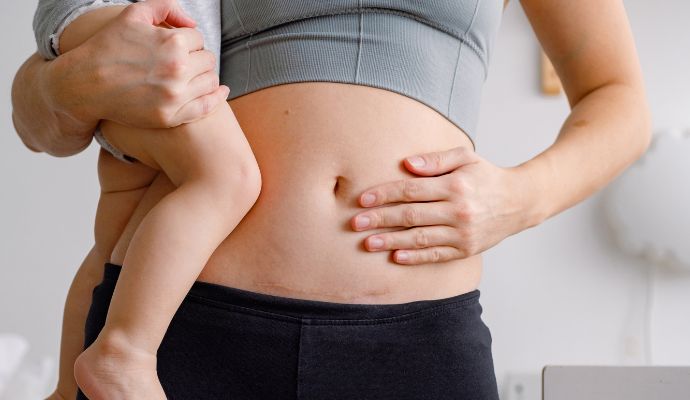



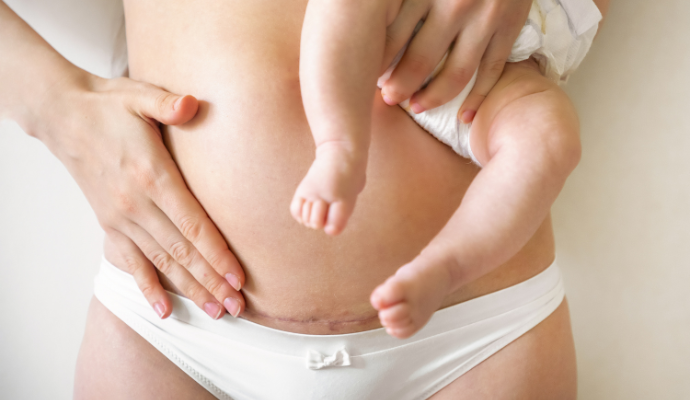

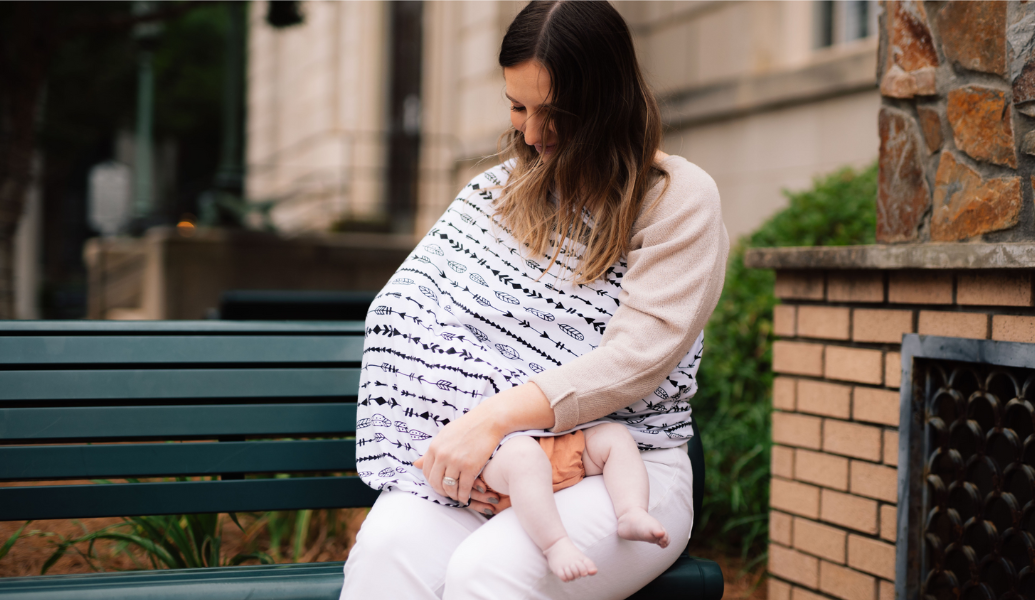


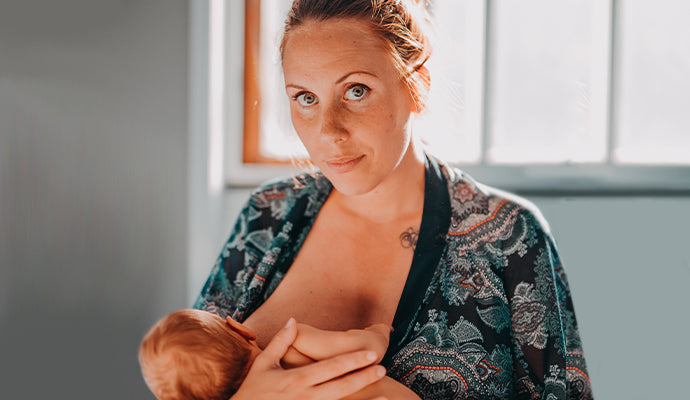
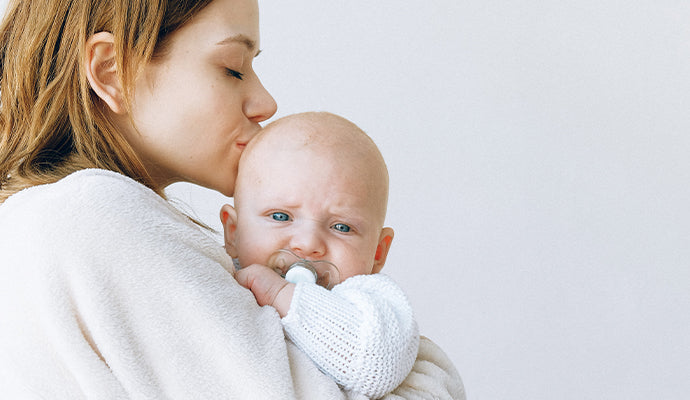
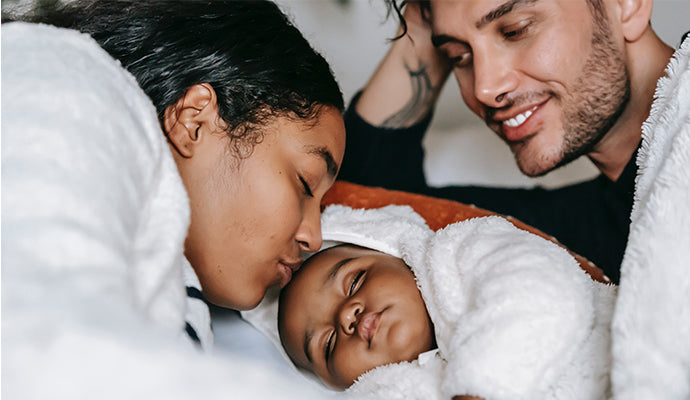
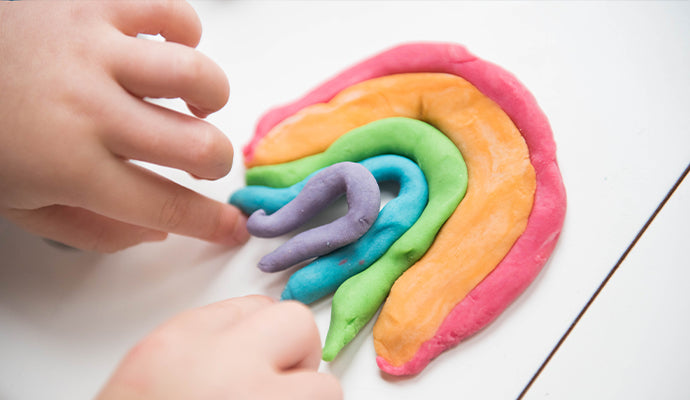
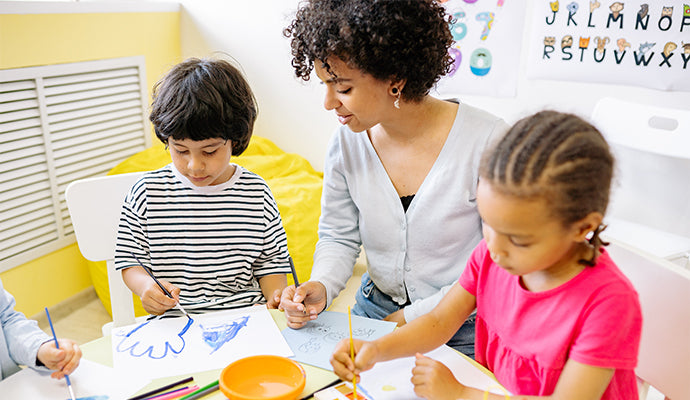
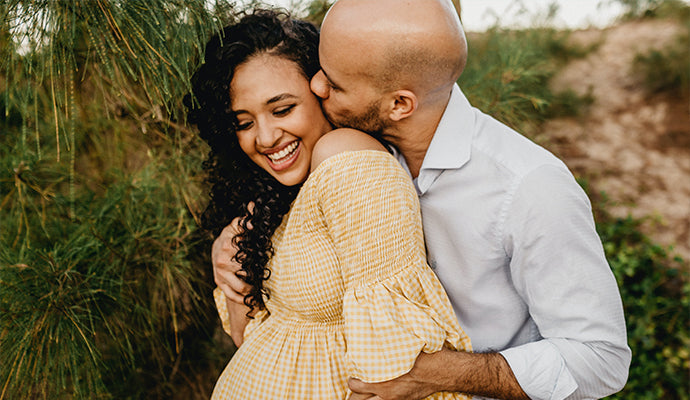
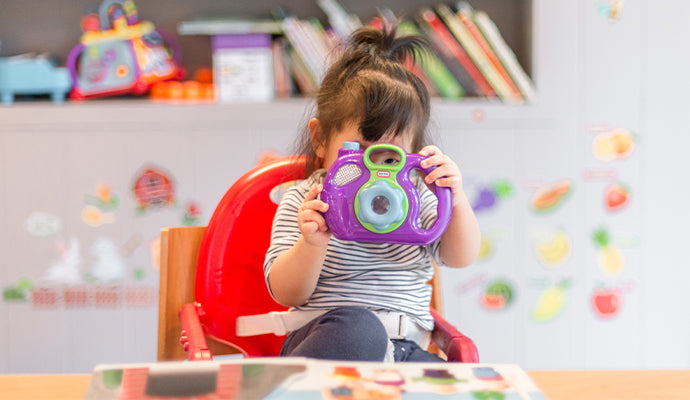

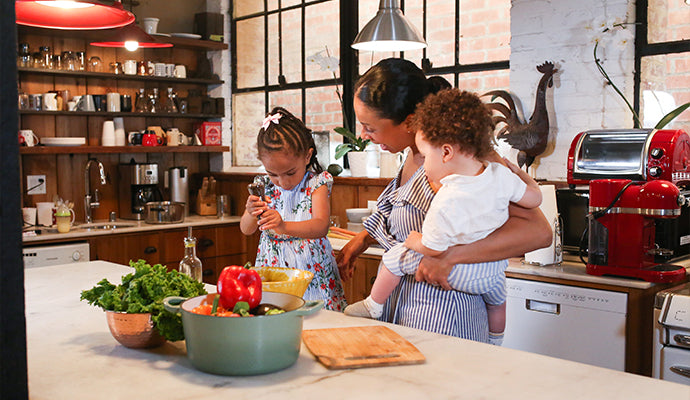
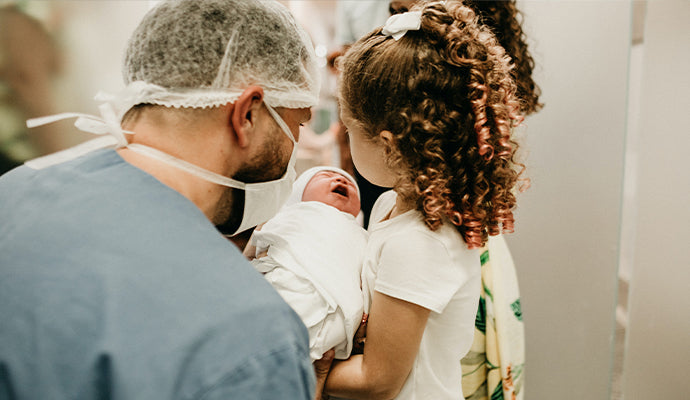






Leave a comment